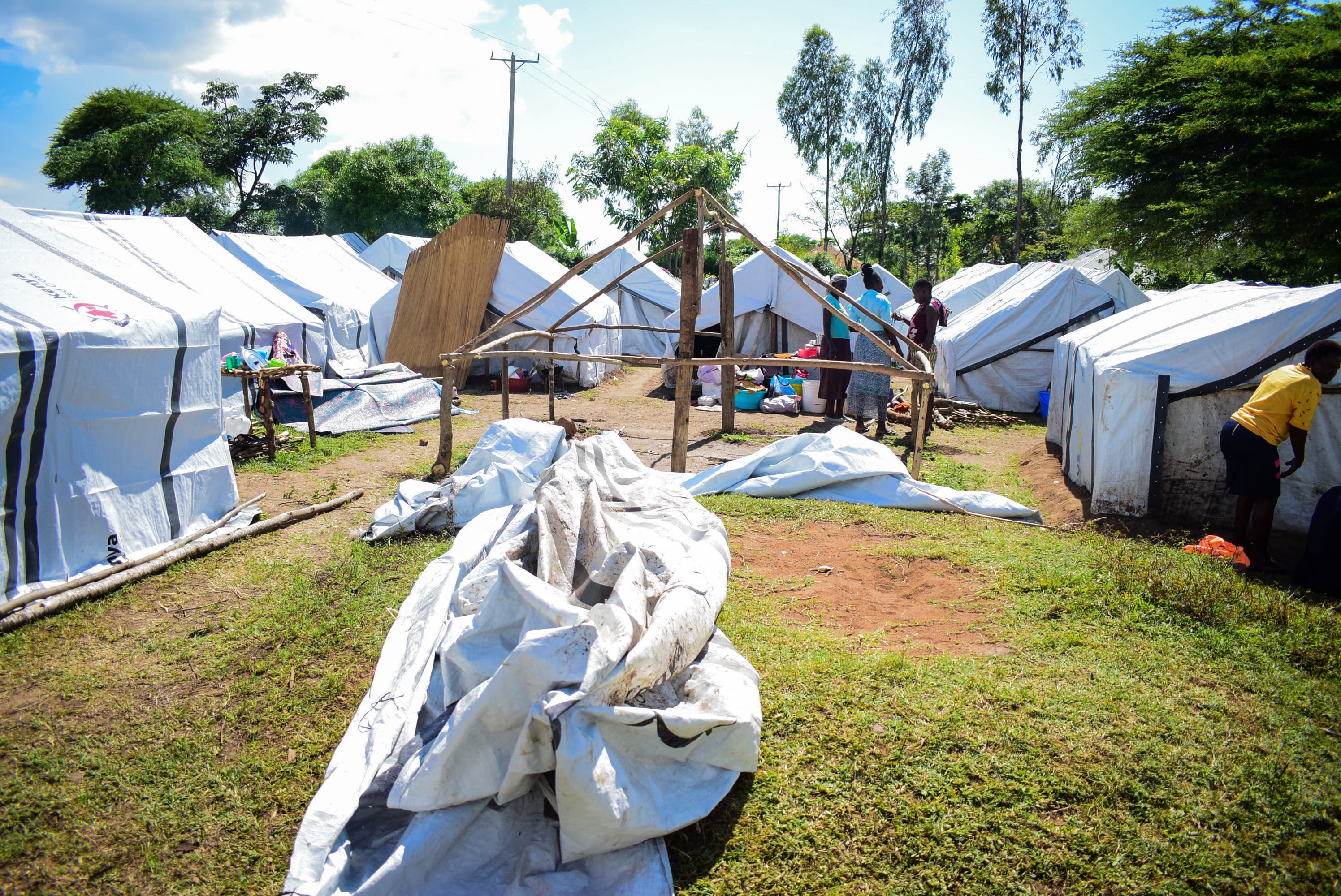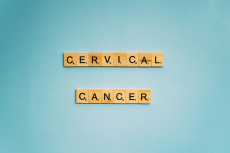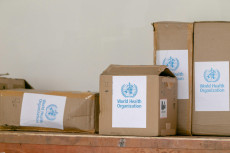- The prolonged closure of schools for term two, combined with the ongoing heavy rainfall in the region, puts girls at higher risk of exploitation by older men residing in the rescue camps.
Homa Bay County is facing alarming challenges as the rates of teenage pregnancies and HIV/AIDS cases are expected to surge due to the unsettling presence of older males targeting vulnerable teenage girls at campsites.
Currently, Homa Bay leads all 47 counties in HIV/AIDS infections, with a rate of 9.6%, nearly four times the national average of 4.6%.
A situational analysis conducted in 2020, titled "Unintended Pregnancies and HIV Amongst Adolescents and Young People: A Situational Analysis of Homa Bay," revealed that 33% of girls aged between 15 to 19 in the county were already mothers.
The prolonged closure of schools for term two, combined with the ongoing heavy rainfall in the region, puts girls at higher risk of exploitation by older men residing in the rescue camps.
Osodo Primary Camp, one of the most densely populated camps in Homa Bay, poses significant threats to young girls, including the potential contraction of HIV and unwanted pregnancies, according to Sheryl Simba, Director of the Initiative For Her Community-Based Organization.
Read More
"These challenging times have caused parents to worry about multiple issues, diverting attention away from the girls. Consequently, they easily become victims of early marriages, unwanted pregnancies, and, in some cases, even contracting HIV due to offers of a better life than what the camp provides," explained Simba.
Sophy Otieno, a mentor, highlighted the vulnerability of girls who may succumb to temptations when enticed with money, shelter, and other tangible incentives. To address these risks, psycho-social support has been provided to equip girls with essential skills, knowledge, and mental health care, as stated by Otieno.
During a mentorship program organized by the Initiative for Her, a young girl named Akinyi (pseudonym) from Simbi Kogembo shared her distressing experiences. She revealed that amidst the calamity of the floods, older men and boys have been coercing them into sexual relationships, taking advantage of their vulnerability.
"In this camp, people of all genders have been displaced by the floods, and yet, in this dire situation, men still seek sexual relationships with us, forcefully exploiting our vulnerability," lamented Akinyi.
She further expressed concerns about the lack of privacy due to overcrowding in the camps, where men, boys, and girls share the same room. This compromised environment exposes young girls to the evil desires of some male residents, making them susceptible and defenseless.
As the situation unfolds, residents in the camps are urged to prioritize the menstrual health needs of young girls, ensuring access to necessary hygiene resources and support.




-1767174925-md.jpg)





-1767174925-sm.jpg)

